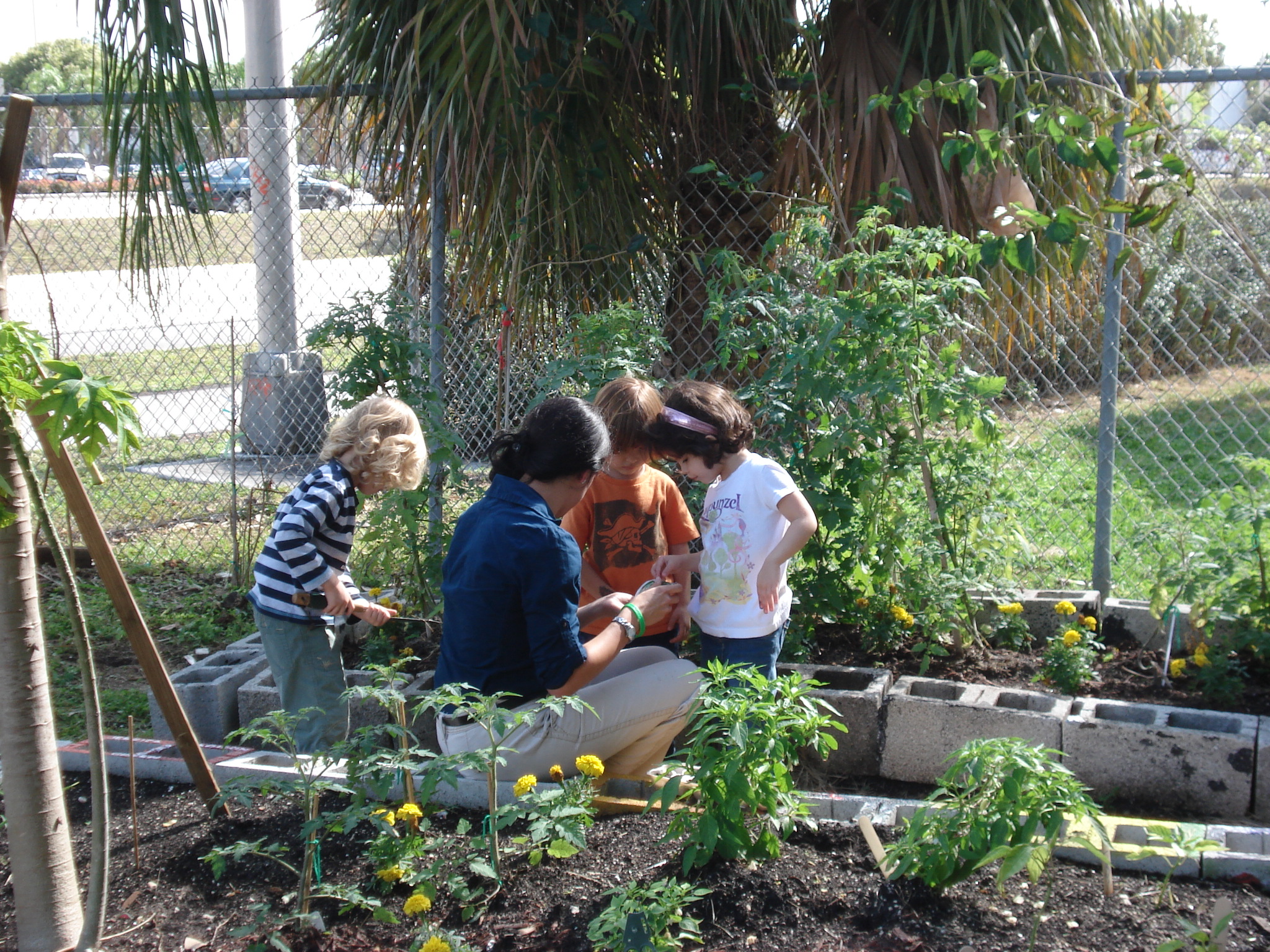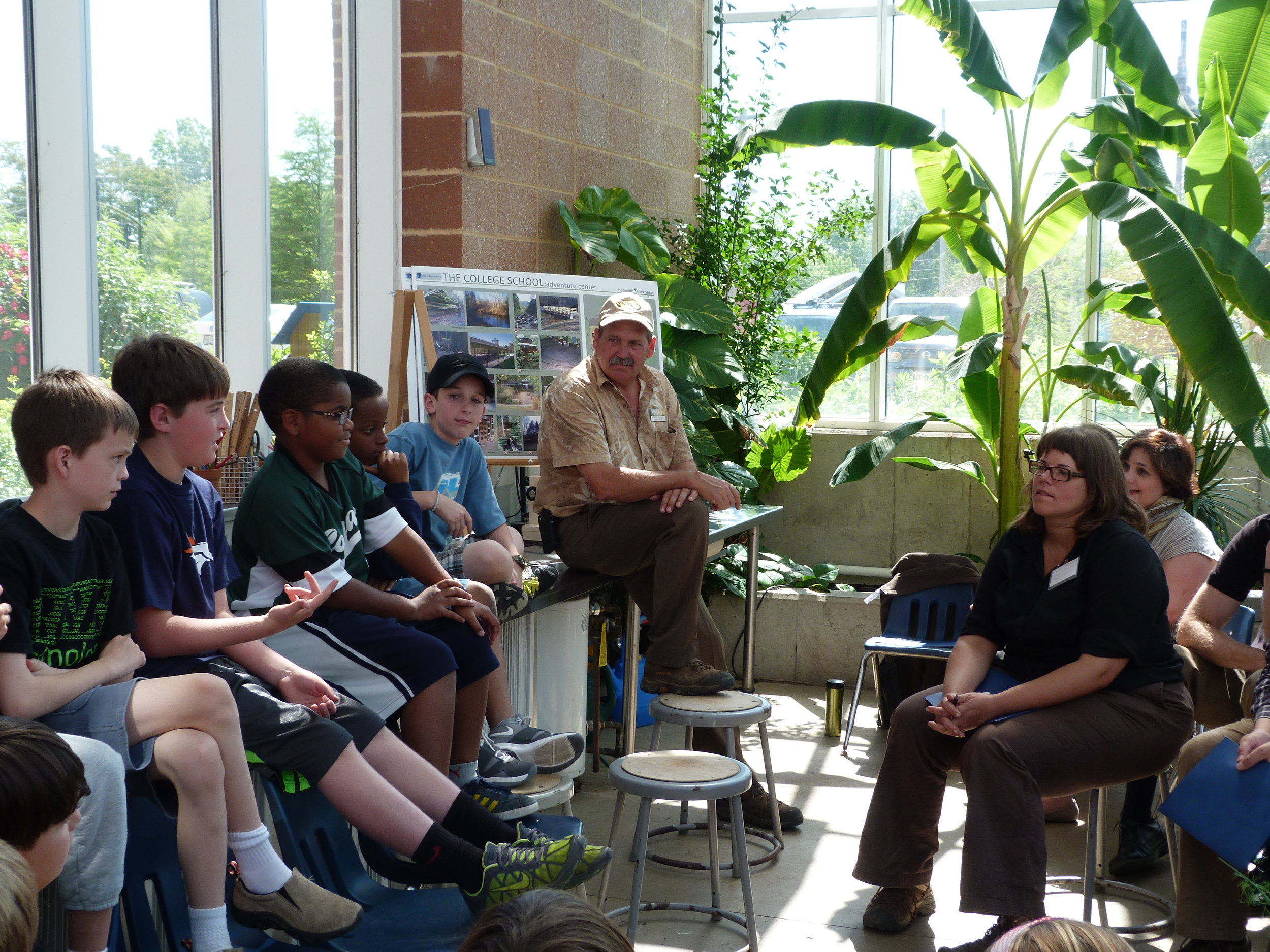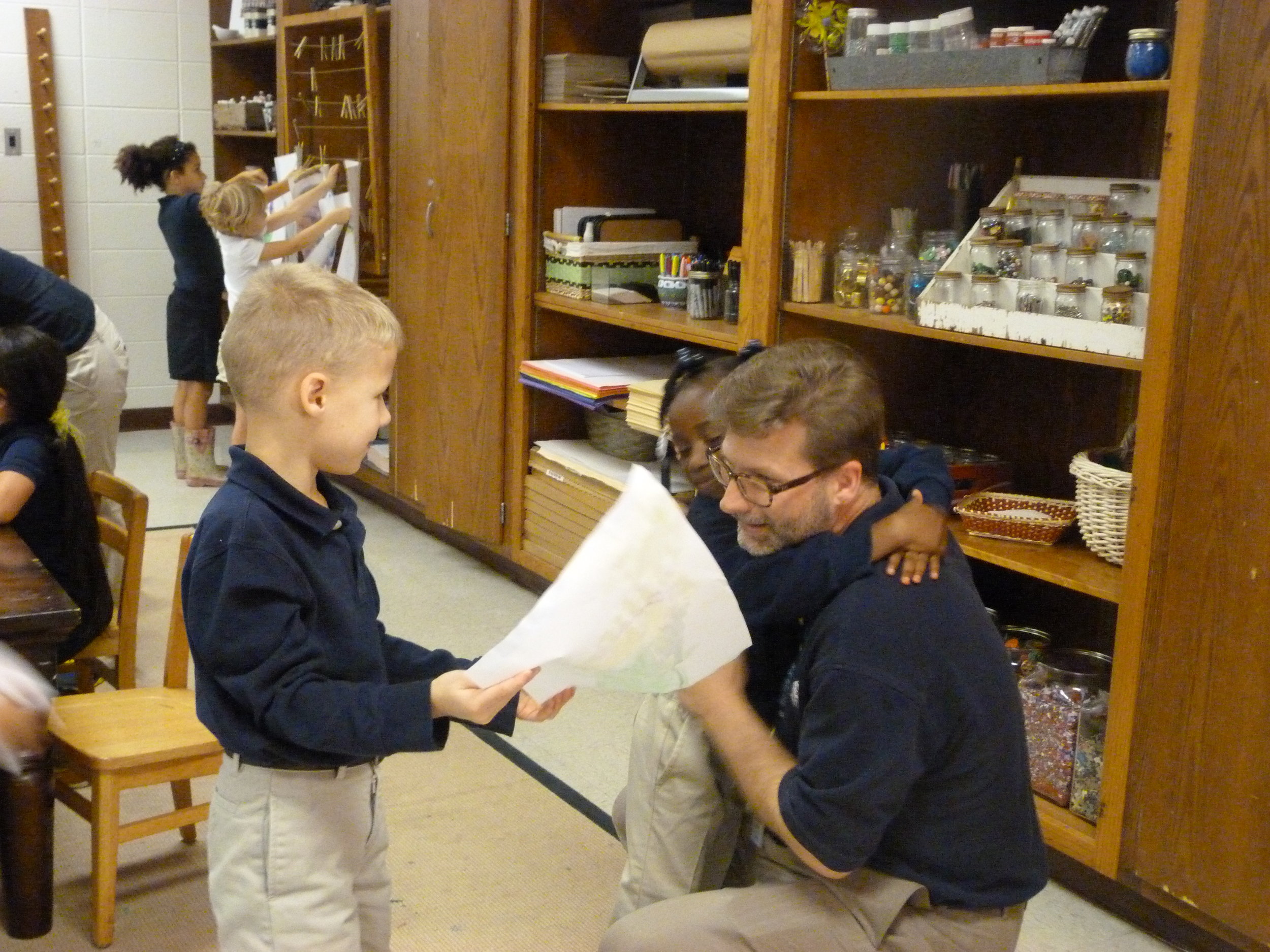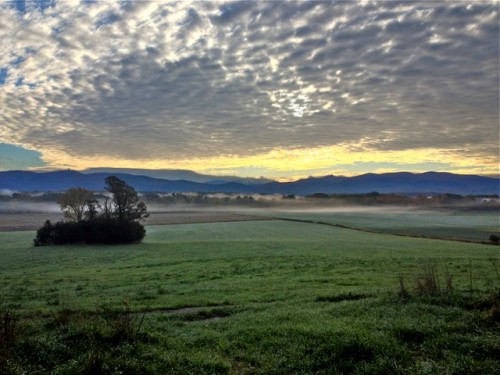 Teaching may be principally a matter of faith. First you must have faith that what you're doing will make a difference. Then you need to have faith in your students. Finally, there's the little matter of faith in yourself.
Teaching may be principally a matter of faith. First you must have faith that what you're doing will make a difference. Then you need to have faith in your students. Finally, there's the little matter of faith in yourself.
This is from Howard Frank Mosher in his wonderful memoir, The Great Northern Express, A Writer's Journey Home. Mosher was a teacher for a short while right out of college, newly married, his wife also a new teacher (but far better prepared). In this memoir, Mosher recounts many stories from his first year of teaching in Orleans, Vermont, a town in the far northeast county, just across the border from Canada, an area known affectionately as The Northeast Kingdom. The memoir is a marvelous weave of these stories of making The Kingdom his home, and incidents from his three month self-designed book tour around the U.S. just after his final radiation treatment for prostate cancer at age 65. The man knows something about faith...and to my mind he writes like a delightfully amused muse.
And, isn't he right about teaching...that it is in large part a matter of faith...even for the most experienced among us. Do we teachers ever really know that what we're doing makes a difference? Most of the time, no.
However, we certainly do know when we're told that we did make a difference by a returning graduate. Mosher tells the story of a boy, Cody, who hoodwinked him, the rookie teacher, on the first day of school to loan him his car...for a "family emergency." A couple minutes later Mosher's English class was disrupted by a roaring commotion just outside the large windows looking over the main street in front of the school. "Say, Mr. Mosher, ain't that YOUR car?" Indeed it was, with the rascal at the wheel, tearing down the street at 60 mph...in reverse. Despite this traumatic beginning, Mosher didn't give up on the boy. He kept looking for a way to get the miscreant, who'd been in and out of reform school for years and "had Northeast Kingdom outlaw written all over him," to write...anything.
Now, I have to quote, at length, the rest of this story. It's too good, in every way, not to.
As the Thanksgiving break approached, I was desperate to get something--anything--in the way of a written assignment from Cody. Finally, I asked him if he'd ever considered writing about Budweiser [his pet raccoon]. "Teach," he said, "I never considered writing about anything."
A day or two later, to my surprise, he handed me an essay on old Bud. Cody told how he found the little guy in the road, trying to nurse from his dead mother. He fed the baby raccoon from a doll's bottle and raised him like a house cat--a thirty-pound house cat with a mean streak. It was a wonderful composition. Next he turned to chronicling his life of crime, an essay that could have landed him back in the reformatory for years. Then Cody wrote about the adults he'd like to beat up. It was a long list.
In early December, Cody announced that he and his mom and sister were moving to New Hampshire On this last day at Orleans High, he gave me not a composition but a letter, beginning "Dear Teach." It was about his sister [who suffered irreversible brain damage as a toddler]. He described what it would be like to be teased by classmates, behind in school, constantly challenged by simple tasks. He told me how his sister might be able to lead a fairly normal life and what their working mom had sacrificed to nurture that hope. He did not mention himself, though he was probably more responsible that anyone else for his sister's progress in school. It was the best student essay I've ever read, before or since. But Cody's story didn't end there.
Some twenty years later, a tall, distinguished-looking man with a touch of gray in his longish hair showed up at our door. He was wearing a suit and tie, but I recognized him immediately. "I was on my way home from a conference in Montreal," Cody said. "I thought I'd stop by and say hello."
Cody came in--I half expected old Budweiser to shamble though the doorway after him and make straight for the refrigerator--and sat down at the kitchen table. He handed me a card with his name printed on it and, below that his title. He was superintendent of a large school system in Rhode Island.
"Well," I said, "how did this happen."
"After I got out of the service and got my degree, I taught special ed for six years," he said. "I was director of special education services for three years, and I've been superintendent of schools in the same district for the past decade."
"I'm going to put this card up on my refrigerator," I told him.
Cody grinned at me. "Hey, Teach," he said. "Could I borrow your car? I've got a little emergency at home that I need to take care of."
Stories like Cody's and Mosher's give us faith, especially when stories anything like this happen to us.
Keep the faith. Carry on.
Happy Holidays.
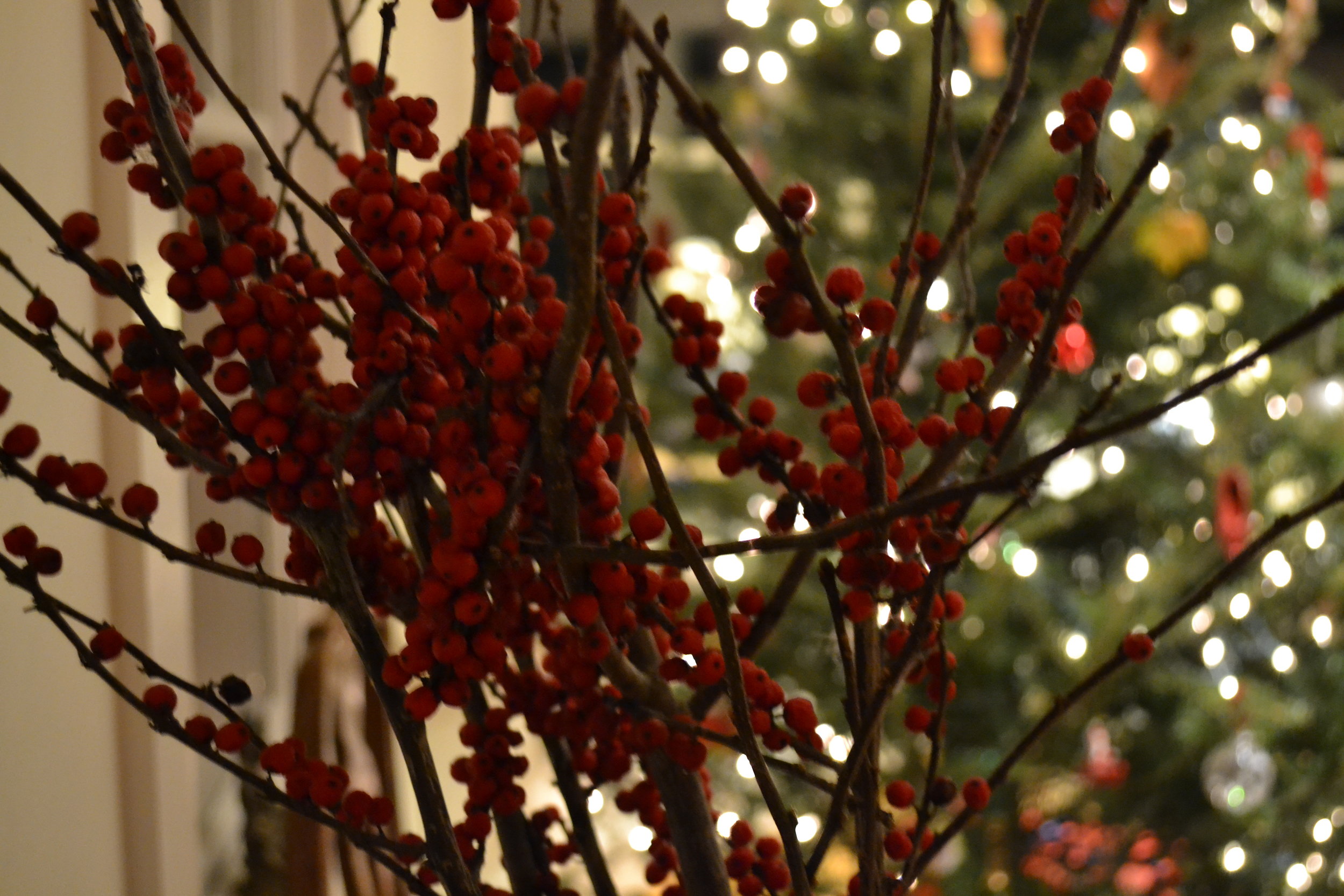 This is a quiet, reflective time, now, after a fall full of work and a year full of transitions and moves. This is our first Christmas in our Vermont house since 1990!..when our sons were age 7 and 10. That was the year before we moved to Italy for a year and spent Christmas with my brother and family in the snowy Alps.
After that, we moved to St. Louis and rented this Vermont house for the following 20 years. Our sons are now 29 and 32 and we have a new grandson. It is said so often, but it is remarkable how fast it seems that time moves. Looking back, I never imagined that our lives would take the turns that they have. And, I am grateful for every one. Vermont, Italy, Reggio Emilia, St. Louis, and all the educators with whom we have worked along the way and work with now, from Indianapolis to Chicago to Portland, Oregon.
This is a quiet, reflective time, now, after a fall full of work and a year full of transitions and moves. This is our first Christmas in our Vermont house since 1990!..when our sons were age 7 and 10. That was the year before we moved to Italy for a year and spent Christmas with my brother and family in the snowy Alps.
After that, we moved to St. Louis and rented this Vermont house for the following 20 years. Our sons are now 29 and 32 and we have a new grandson. It is said so often, but it is remarkable how fast it seems that time moves. Looking back, I never imagined that our lives would take the turns that they have. And, I am grateful for every one. Vermont, Italy, Reggio Emilia, St. Louis, and all the educators with whom we have worked along the way and work with now, from Indianapolis to Chicago to Portland, Oregon.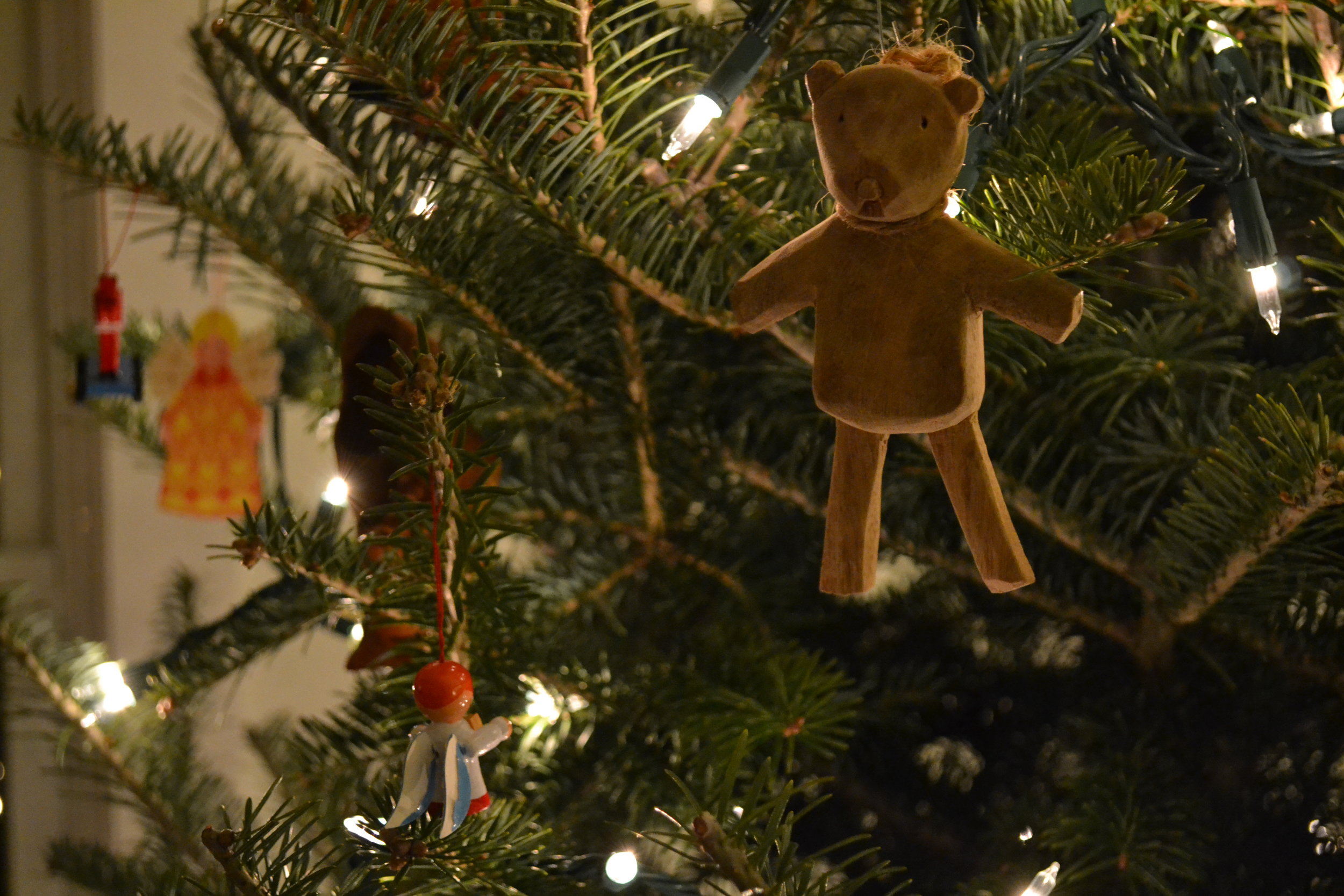 With all the difficulties, sadness, and challenges that we face in education and in many aspects of our lives on this beautiful planet, we are grateful for the beauty and quiet of the season and the love that we share. We send you all our warmest greetings as 2012 finishes and we open a new year, full, once again, of hope and promise and all possibilities.
With all the difficulties, sadness, and challenges that we face in education and in many aspects of our lives on this beautiful planet, we are grateful for the beauty and quiet of the season and the love that we share. We send you all our warmest greetings as 2012 finishes and we open a new year, full, once again, of hope and promise and all possibilities.



